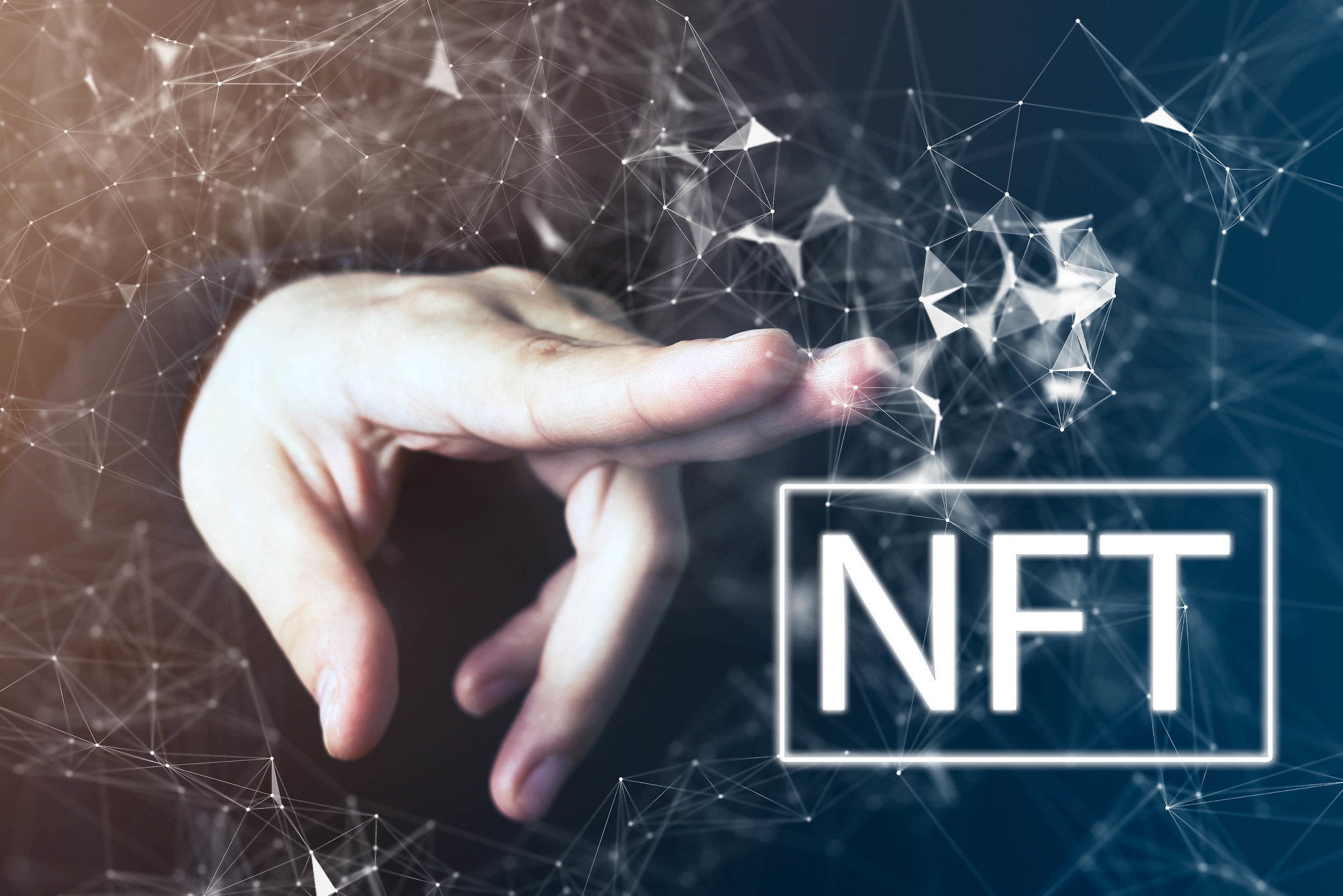What are tokens and why do we need them?

Service tokens
Essentially, service tokens are cryptocurrencies that are used in a specific system or application. They may not have their blockchain and are most often based on the ERC-20 standard in the Ethereum network.
Service tokens are used for all transactions in the system - they are paid as rewards, and internal goods and services are sold for them. For simplicity, let's compare them to gold coins (or their counterparts) in an online game. They can be bought with real money or earned by completing tasks. And then spend them to buy all sorts of internal bonuses.
Many of the service tokens of individual systems are traded on crypto exchanges. So they have similarities to cryptocurrencies - you can buy them, hold them or, if available, sell them.
Equity tokens
These are a type of tokens that a company issues as its securities. They can represent a share of ownership in the company, and the right to vote during important decisions. It is important to distinguish them from tokenized assets, which will be discussed below - tokenized shares are initially issued by the company itself, while tokenized shares do not imply ownership of a real stake in the company.
Tokenized assets.
These are tokens that are created on a blockchain. Their value is linked to the current exchange rate of real assets, such as company stocks, commodities, or indices. However, as mentioned above, owning a tokenized asset does not give the holder the rights that traditional instruments provide - for example, it is not possible to receive dividends from them.
Non-exchangeable tokens (NFT)
This type of token is distinguished by the fact that each token is unique. NFTs are often used to sell exclusive ownership of an object of art or a collectible item.
The principle of earning from tokens is no different from that for cryptocurrencies. In other words, you should try to buy cheaper and sell more expensive.
One of the most profitable (and risky) ways to make money from tokens is to buy them at the initial coin offering (ICO) stage. In the long run, there is a chance of high profits if their price rises after the offering. But there is also a high chance of losing money if the value goes down or the company turns out to be fraudulent. So, for example, the record hashed wallet terra luna collapse billion.
The same golden investor rules apply to token trading as to any other asset: never invest more than you are prepared to lose, and study the market carefully before investing. Remember that any investment involves the risk of losing the entire amount invested. And do not forget to diversify your portfolio, so that it contains as many assets from various fields as possible.
Content creators, on the other hand, can make money on non-interchangeable tokens - if they decide to sell their creations as NFTs. Some works of famous authors can go under the hammer for hundreds of thousands or even millions of dollars.
Where to buy tokens
There are several ways to purchase digital tokens: earn tokens inside the platform, buy them before or during the ICO, or after listing already on the cryptocurrency exchange.
In the first case, you need to choose a platform and perform certain tasks on it. Let's look at the example of the Brave browser and its service token BAT. When you browse pages in the program, from time to time you will receive advertising notifications. How carefully you explore the linked site will determine the final payout. After you accumulate a certain number of BATs, you will be able to withdraw them and sell them on a cryptocurrency exchange.
You can also buy tokens before or during the initial placement. This is a risky option, so carefully study all available information about the company. For example, services like ICO Tracker or TokenMarket will help to find out about upcoming ICOs and understand their prospects.
Finally, you can buy tokens on a cryptocurrency exchange.
Of course, after acquiring an asset, the question arises where to store the tokens. A general recommendation is appropriate here: it is better to keep your assets for long-term storage in a cold wallet, which is not connected to the Internet. That said, be sure to check if there are cold wallets specifically for your asset. For example, ERC-20 tokens can be kept in a Ledger hardware wallet.
- Industry
- Art
- Causes
- Crafts
- Dance
- Drinks
- Film
- Fitness
- Food
- Games
- Gardening
- Health
- Home
- Literature
- Music
- Networking
- Other
- Party
- Religion
- Shopping
- Sports
- Theater
- Wellness
- News


